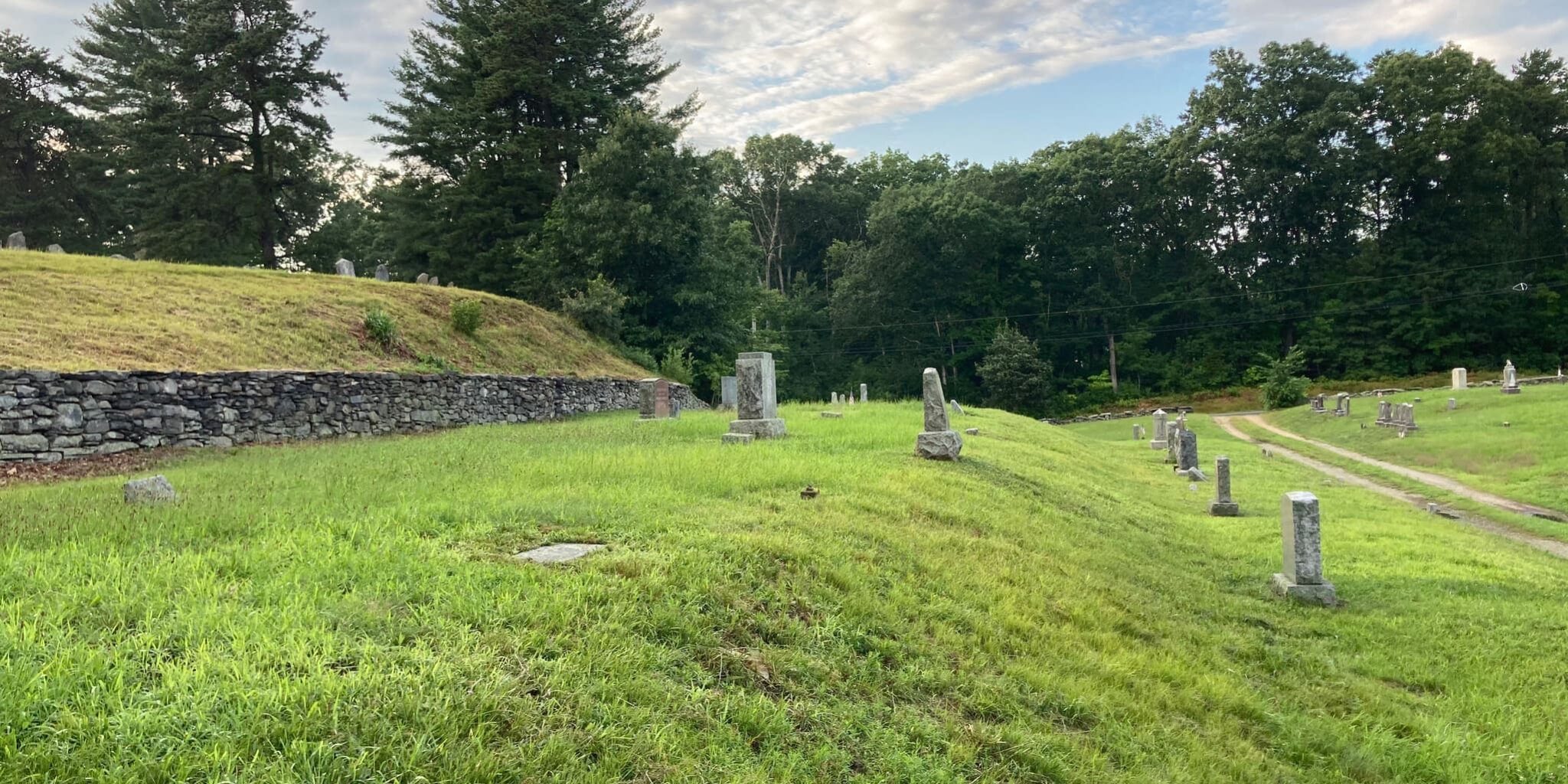Political and Religious Hub
Plainfield Street was not only a crossroads but also a hub for religious and political activities. The 1816 stone Congregational meetinghouse, a central figure in the district, served as the focal point for religious practices and town meetings, even after disestablishment in 1818. The district includes houses of influential figures such as Orrin Fowler, the pastor from 1820 to 1831, and the parsonage built in 1867.
Additionally, the area was the site of the region’s probate court, held in the residences of longstanding judges like Joseph Eaton and Waldo Tillinghast. The district’s historical identity is enriched by its association with the town’s civic and governmental functions, making it a living testament to Plainfield’s vibrant past.






